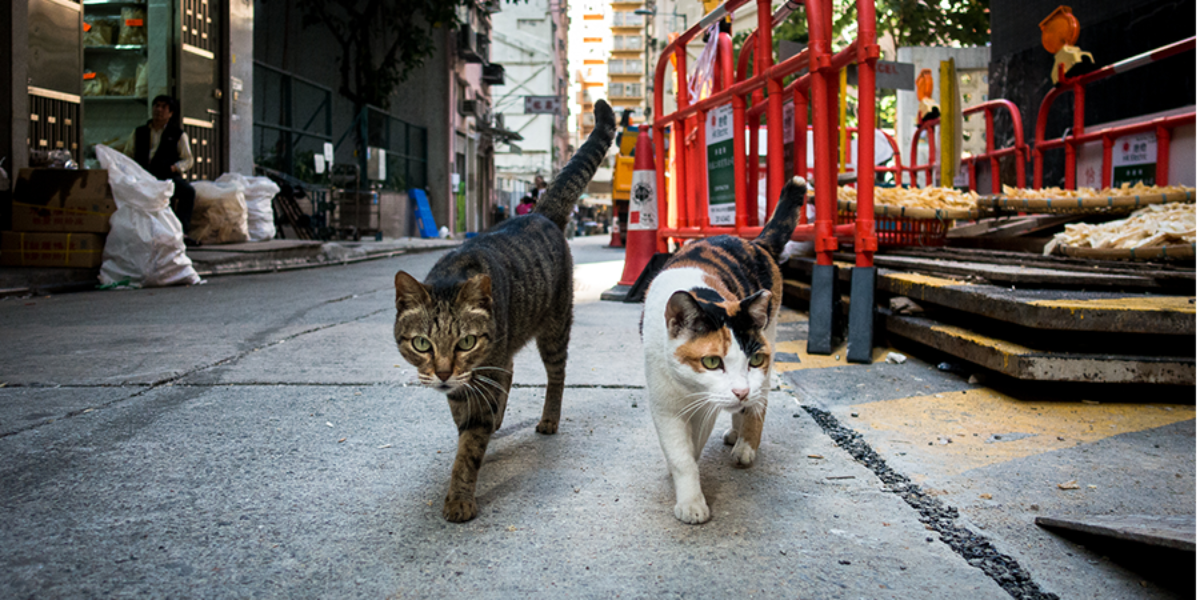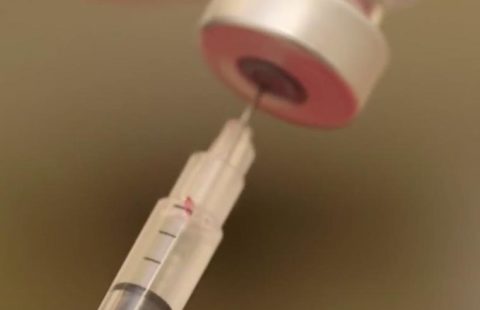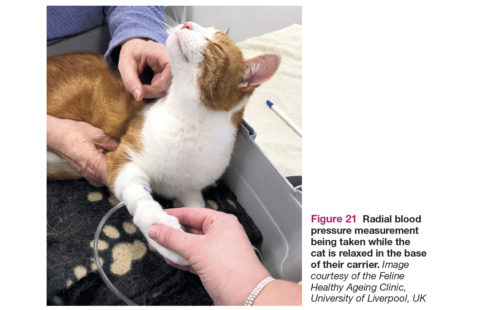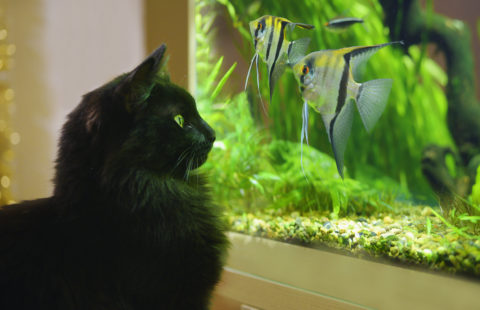International Cat Care is currently looking at issues associated with ‘unowned cats’ – cats which don’t live in our homes with us.
The problems are complex and of course, the cat is a complex creature. In many cases, feral and street cats do not wish to live close to people or to interact with them except if they are being fed, so just finding homes is not the answer. Solutions for all of these cats need to be appropriate to the needs of the cats.
With this in mind, International Cat Care is working on a programme called Cat Friendly Solutions for Unowned Cats, looking at how we help unowned cats in a humane and practical way by providing information for those working on the front line.
Consider the millions of cats around the world which are surviving against the odds of disease, physical injury, inadequate diet, dangers of reproduction and the attitudes of those in the environment in which they survive – what care is available to them; from the public, from vets, from the government etc. How do we take this into consideration and how do we understand what cats need in order to help them?
The cat is, of course, a most fantastic animal! The domestic cat (Felis catus) can be found just about everywhere in the world except in the very coldest of places. The cat is adaptable, clever and self-reliant. Cats can hunt, they can scavenge and they can encourage people to give them food, even if they don’t like people that much! What this means is that cats are able to survive even in tough circumstances and, true to the myths which surround them, are indeed very fertile! They can have several litters of kittens a year. That adds up to a lot of cats (especially where food is abundant and the climate is not severe), and problems can be caused for the community in which large numbers of cats live because of the issues of hygiene and noise. It also means that many cats and kittens will die from malnutrition, cruelty, accident or disease.
Across the world, these problems are the responsibility of local government authorities or municipalities and they may receive complaints and may attempt to control numbers, often using poison or inhumane methods. Cat lovers and tourists in many places are distressed to see cats suffering and want something to be done to help the cats. There can be passionate conflict about what should be done. Tourists may feed cats on their holidays or even bring a cat back home with them, but this, of course, is not a solution for the vast majority of cats. The answers are not simple and require us to work together for success and to make the best of our resources, limited as they may be. This also requires knowledge, effort, time and money – some of which are not in surplus when it comes to dealing with populations of street and community cats.
Then there are pet cats which have successfully lived with people and which, for many reasons, find themselves lost or abandoned. These cats could indeed be found new homes if there is an appetite for ‘second hand’ cats in that country or area. In the UK it is common for people to consider giving a pet cat from a homing centre a new start in life. But if people don’t want to consider helping such cats, they may just be gathered into a shelter, never to move from there. That can be as much of a welfare problem as leaving them where they are.
So what is the best way to find new homes for cats which have strayed away from home or have been abandoned?
Mostly we bring them together in a centre in order to organise them for a change of life. We know that if you bring together large numbers of cats there is a much greater risk or spread of disease and you could infect more than you help. Therefore disease control is a very large part of successfully helping cats. We also know that cats can find the presence of other cats (especially if they cannot get away from them) very stressful. Stress affects the immune system and makes cats more susceptible to disease – you can see the problems! So setting up a shelter needs planning, and knowledge is required not only of disease and health but of minimising stress and making sure that cats do not stay in the shelter for long periods of time – this is the basis of International Cat Care’s Cat Friendly Homing programme which will also be looked at over the coming months.
We will be looking at all ‘unowned’ cats – cats that have been born and live on the streets, cats that have lived in our homes with us but are no longer wanted, and pet cats which have lost their way and strayed or been abandoned and need some care. We will look at what to do with ‘inbetweeners’ – cats which need imaginative alternative lifestyle homes because they straddle the line between pet cats and cats which do not want to live closely with people – they need some support but not necessarily a traditional home. We will look at this spectrum of lifestyles and what such cats need, and try to see life from their point of view; how the efforts we as people make to help them can be best directed and the need to see the big picture in our efforts to help them. What do we know about cats which will help us to help them? Sometimes we will need to think more clearly in order to do the best for cats.
The information available for people working with unowned cats around the world is patchy, inconsistent and often non-existent! Committed and motivated people often get highly involved in ‘rescuing’ these cats but often they do so without the guidance or insights which could help them deal more successfully with the volume and type of cats they have to deal with.
Our new upcoming programme aims to help those people who give so much to help cats to understand the needs of unowned cats – watch this space!
Want to help unowned cats?
Sign the International Declaration of Responsibilities to Cats
Watch iCatCare’s new short video on Cat Friendly Homing
Text a £5 donation to support Cat Friendly Homing. Simply text: INTERNATIONALCATCARE to 70085






